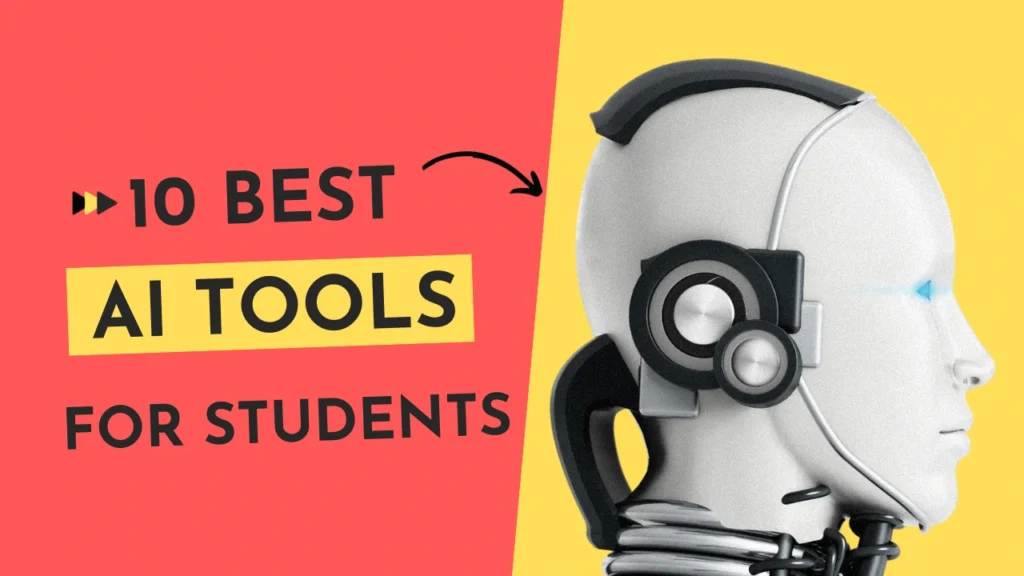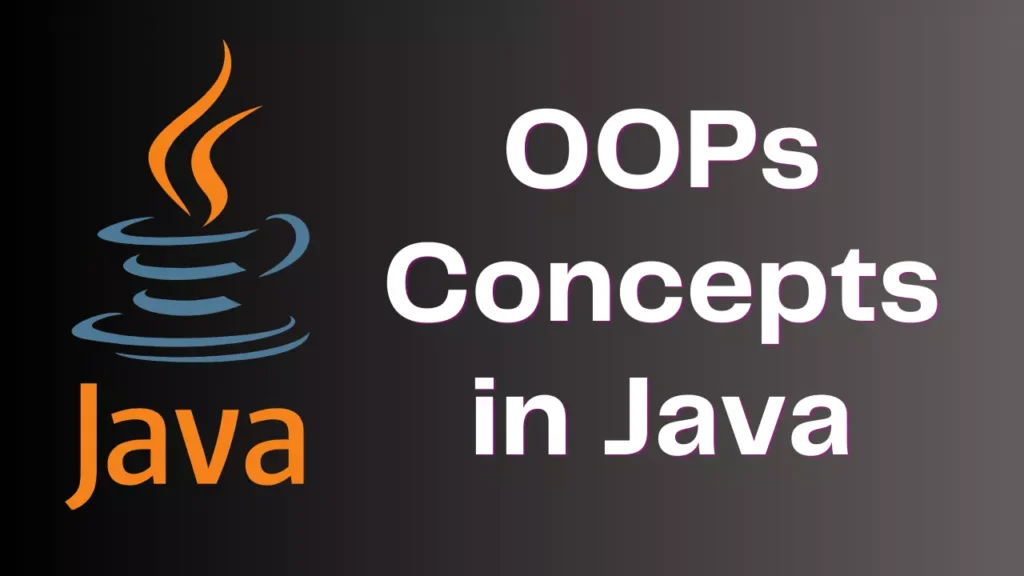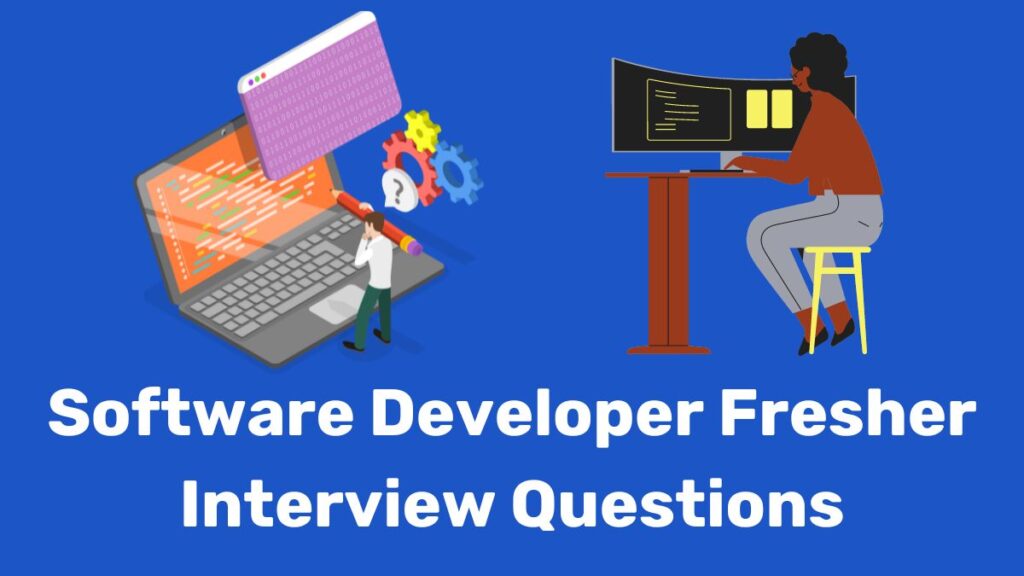Here we will talk about the best AI tools for students, for better productivity and learning for future generations.
Most people think that AI is a Destroyer but it’s a new helping hand for humans. If we can learn to use AI or work with AI it can make our work easy.
Why Students Should Use AI
If Students use Artificial intelligence tools then they are more productive and more Intelligent than others who didn’t use AI tools.
best AI tools for students help students in many ways. Here are some of the key benefits:
- Get personalized learning and tutoring
- Improve research and writing skills
- Enhance productivity and time management
- Accelerate learning with adaptive content
- Receive feedback on writing and presentations
Using AI, students can boost academic performance, gain valuable skills in college and career readiness, and relieve stress during their studies.
How AI Can Help Students
Some of the key ways AI assists students include:
- Answering questions and providing explanations
- Generating ideas and essay outlines
- Checking spelling, grammar, and punctuation
- Summarizing long articles and texts
- Translating languages for global learning
- Analyzing research and extracting key ideas
- Personalizing learning content based on needs
Best AI tools for students enhance every aspect of a student’s educational experience.
10 Best AI Tools for Students
1. QuillBot
QuillBot is an AI-powered paraphrasing and summarization tool that helps students rewrite and enhance their writing. It improves word choice and sentence structure.
Pros:
- Helps improve writing skills
- Easy to use
- Generates paraphrasing quickly
Cons:
- Sometimes inaccurate paraphrasing
- Meaning can get lost in paraphrasing
- Not suitable for academic writing
2. Grammarly
Grammarly is an AI writing assistant that helps students detect grammar, spelling, and punctuation errors in their writing and suggests vocabulary improvements.
Pros:
- Improves writing quality
- Easy to integrate with different apps
- Gives explanations for corrections
Cons:
- Accuracy varies for different writing styles
- Doesn’t catch all errors
- Limited features in the free version
3. Otter.ai
Otter.ai uses AI to generate live transcriptions of audio and video recordings of lectures, meetings, and interviews to help students take notes.
Pros:
- Very accurate transcriptions
- Identifies different speakers
- Syncs notes with recordings
Cons:
- Sometimes mistakes with poor audio
- Slow processing time for log files
- Limited use without a paid subscription
4. Wolfram Alpha
Wolfram Alpha is a computational knowledge engine that uses AI algorithms to solve math, science, and other academic problems for students.
Pros:
- Very fast and accurate with calculations
- Gives step-by-step solutions
- Covers a wide range of subjects
Cons:
- Has trouble parsing complex questions
- Provides limited textual explanations
- Not optimized for mobile experience
5. Quizlet
Quizlet uses AI to generate custom study guides, flashcards, quizzes, and games to help students master any academic subject.
Pros:
- Make memorization fun and engaging
- Customized study sets for your needs
- Available as a mobile app or web platform
Cons:
- Flashcards may not work for all learning styles
- More focused on definitions than explanations
- The paid version is expensive for many students
6. Imagine Learning
Imagine Learning is an adaptive learning platform that uses AI to provide personalized instruction in math, reading, and English language learning.
Pros:
- Lessons tailored to each student’s level
- Engaging games and visuals
- Tracks progress and growth
Cons:
- Mostly beneficial for younger grades
- Doesn’t work as well for some learning styles
- Parental controls are limited
7. BibliU
BibliU is an AI-driven platform designed to make textbook and research content more interactive and engaging for students.
Pros:
- Summarizes key ideas in texts
- Automated citations and footnotes
- Syncs across devices
Cons:
- Limited academic subjects covered
- Accuracy varies for different writing styles
- Fewer features than competitors
8. Cite This For Me
Cite This For Me helps students generate accurate citations and bibliographies for research papers and projects using AI algorithms.
Pros:
- Supports thousands of citation styles
- Allows you to scan books for citation info
- Browser extension for easy access
Cons:
- Not all citation styles is available in the free version
- Some inaccuracies in auto-generated citations
- Works better for some disciplines than others
9. Turnitin
Turnitin uses AI to check student work for plagiarism and provide feedback on originality. It helps students improve their academic writing.
Pros:
- Catches plagiarism from a wide variety of sources
- Shows similarity percentage for all sources
- Gives detailed plagiarism report
Cons:
- Privacy concerns around data collection
- Not consistently accurately identifying plagiarism
- Doesn’t offer much writing feedback
10. StudySmarter
StudySmarter is an AI-powered study platform that creates personalized quizzes and study plans to help students learn more efficiently.
Pros:
- Uses active recall learning techniques
- Adapts to your strengths and weaknesses
- Syncs between web and mobile app
Cons:
- Limited to certain study topics
- Additional costs for premium features
- More focused on memorization
FAQs
How can AI help high school students?
AI tools can assist high school students by providing writing support, solving math and Coding problems, improving study skills, generating quiz questions, explaining complex topics easily, and recommending project resources.
What are the risks of AI in education?
Potential risks include privacy issues, over-reliance on technology, inaccuracies in content, and bias in algorithms. Educators should provide oversight when students use AI tools.
Are there free AI services for students?
Yes, many AI education companies offer free versions or trials of their platforms. Some examples are QuillBot, Otter.ai, Grammarly, Wolfram Alpha, and Quizlet.
Can AI replace teachers?
No, AI cannot replace teachers. AI can enhance productivity and the education system, but teachers provide critical instruction, guidance, and human connection.


